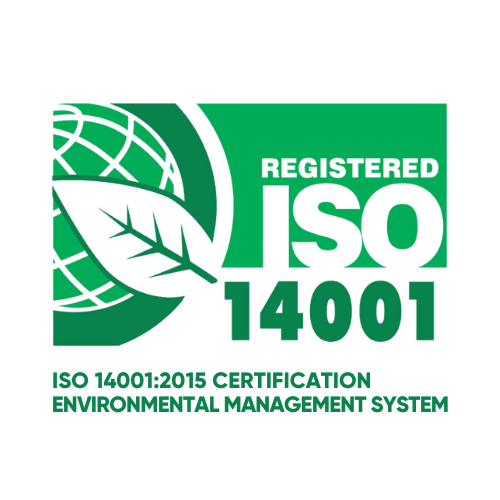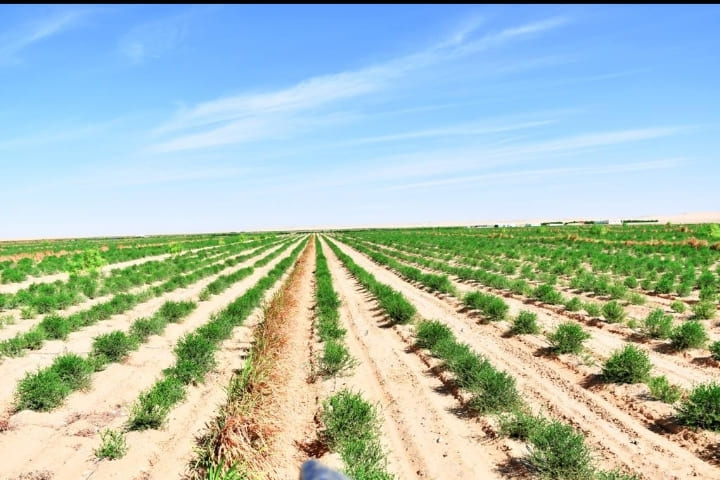Project Location: Asyut Governorate, Egypt
Project Area: 50 acres
Water Source: Groundwater wells
Project Description:
The project for the Monastery of the Virgin Mary the Martyr in Asyut Governorate is a comprehensive initiative that encompasses various aspects of agricultural development. The project aims to utilize 50 acres of land for productive purposes, harnessing groundwater resources for irrigation.
Key Components of the Project:
- Land Reclamation: The project will involve preparing the 50-acre site for agricultural use. This may include clearing vegetation, removing debris, and improving soil quality to ensure a suitable environment for crop cultivation.
- Planting: The project will involve planting a variety of crops, potentially including jojoba, wheat, or other locally suitable crops. Crop selection will consider factors such as climate, soil conditions, and market demand.
- Irrigation: Groundwater wells will serve as the primary water source for irrigation. Efficient irrigation practices will be implemented to optimize water usage and minimize environmental impact.
- Technical Support: The project will provide technical support to farmers and agricultural workers to ensure proper crop management practices. This may include training on irrigation techniques, fertilization, pest and disease control, and harvesting methods.
- Supervision: The project will involve ongoing supervision to monitor progress, ensure adherence to best practices, and address any challenges that may arise during the cultivation process.
Expected Outcomes:
The project for the Monastery of the Virgin Mary the Martyr is expected to yield several positive outcomes:
- Increased Agricultural Production: The project aims to enhance agricultural productivity in the region by utilizing land resources effectively and implementing sustainable practices.
- Economic Benefits: The project is expected to generate economic benefits for the local community through job creation, increased income from crop sales, and potential value-added processing activities.
- Community Development: The project can contribute to community development by providing access to fresh produce, promoting sustainable agricultural practices, and fostering a sense of empowerment among local residents.
- Environmental Stewardship: The project’s commitment to efficient water usage and sustainable land management practices can contribute to environmental stewardship and the preservation of natural resources in the region.
Overall, the project for the Monastery of the Virgin Mary the Martyr in Asyut Governorate represents a promising initiative with the potential to enhance agricultural productivity, generate economic opportunities, and promote sustainable development in the region. The project’s success will depend on effective implementation, adherence to best practices, and the continued support of the monastery, local authorities, and the community.



